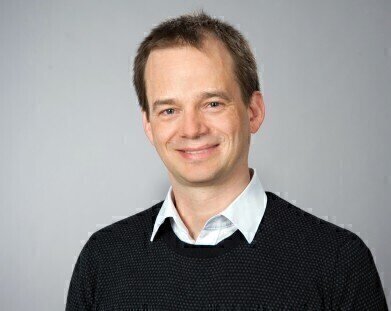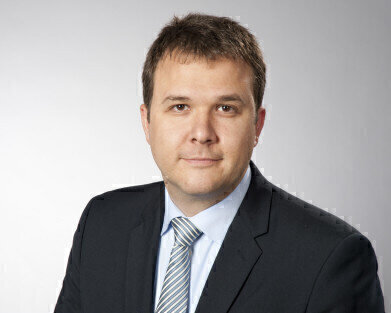-
 Professor Dr Stefan Tenzer
Professor Dr Stefan Tenzer -
 Professor Dr Philipp Wild
Professor Dr Philipp Wild
News & Views
Health Research Cluster to Exploit MS for Systems Medicine
Mar 03 2020
An interdisciplinary research cluster being established by the Mainz University Medical Center and Johannes Gutenberg University Mainz (JGU) aims to use latest developments in mass spectrometry to provide new insights in systems medicine.
Part of the German government’s 2025 High-Tech Strategy, the ‘Data-Independent Acquisition-based Systems Medicine (DIASyM): Mass Spectrometry for High-Throughput Deep Phenotyping of Heart Failure Syndrome,’ has received funding of €6.8 million for the first three years from the German Federal Ministry of Education and Research (BMBF).
The initiative is headed by Professor Stefan Tenzer, Professor of Quantitative Proteomics and Professor Philipp Wild, Professor of Clinical Epidemiology and Systems Medicine at the Mainz University Medical Center, who will develop innovative methods and analytical tools to provide a basis for continuing progress in medical and health research.
"Up to now, mass spectrometry has played only a minor role in medical diagnostics and has been nowhere close to fulfilling its potential," said Professor Tenzer, who coordinates the mass-spectrometry technology platform and methods research of the new DIASyM research cluster. The researchers are particularly focusing on improving the mass spectrometry techniques used to investigate protein components, metabolic products and lipids in the blood. This will include recording a wide range of blood parameters in patients with heart failure using mass spectrometry obtained in a large-scale observational study compared to similar data obtained from healthy individuals. Next, the researchers will analyse the resulting huge volume of data using a systems medicine approach.
"A systems-oriented approach will enable us to better understand and explain the interactions between biological processes. For this purpose, we will integrate several levels of data in our analyses and include, for instance, genetic factors and patterns of proteins and metabolites in the blood. We will also incorporate data registered by medical devices and information on the clinical health status of patients," added Professor Philipp Wild, who is the systems medicine coordinator of DIASyM. "In combination, all these elements will provide us with a basis for developing new approaches to diagnosis, therapy, and prevention of the disease."
The DIASyM research cluster brings together biologists, computer scientists, bioinformaticians, epidemiologists and physicians, who will be employing AI to develop biomarkers. The BMBF is supporting three further German mass spectrometry research clusters, in Berlin, Heidelberg and Munich, with total funding of €25.6 million in the first funding phase.
Further information from www.unimedizin-mainz.de
Digital Edition
ILM 49.5 July
July 2024
Chromatography Articles - Understanding PFAS: Analysis and Implications Mass Spectrometry & Spectroscopy Articles - MS detection of Alzheimer’s blood-based biomarkers LIMS - Essent...
View all digital editions
Events
Jul 28 2024 San Diego, CA USA
Jul 30 2024 Jakarta, Indonesia
Jul 31 2024 Chengdu, China
ACS National Meeting - Fall 2024
Aug 18 2024 Denver, CO, USA
Aug 25 2024 Copenhagen, Denmark

.jpg)

24_06.jpg)













